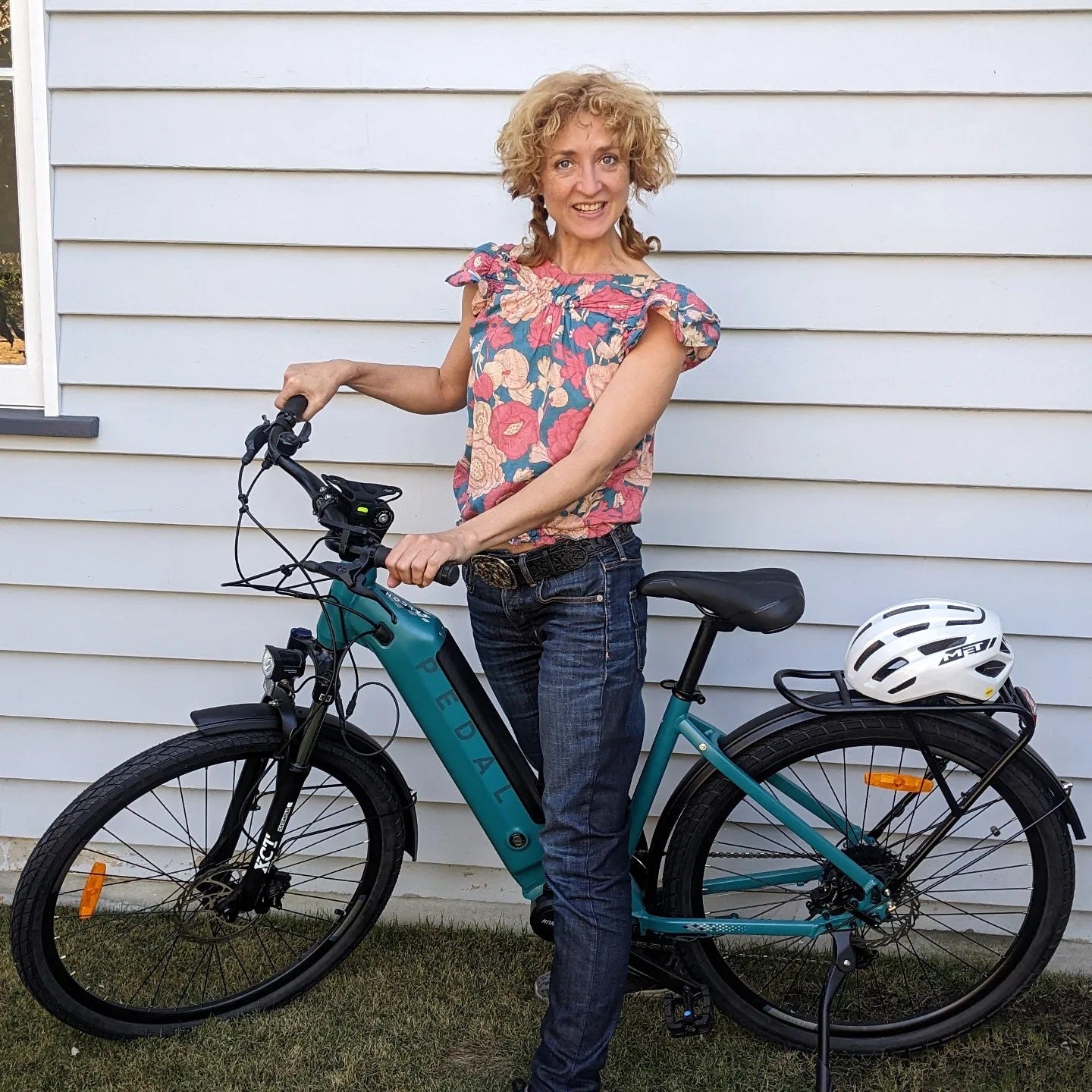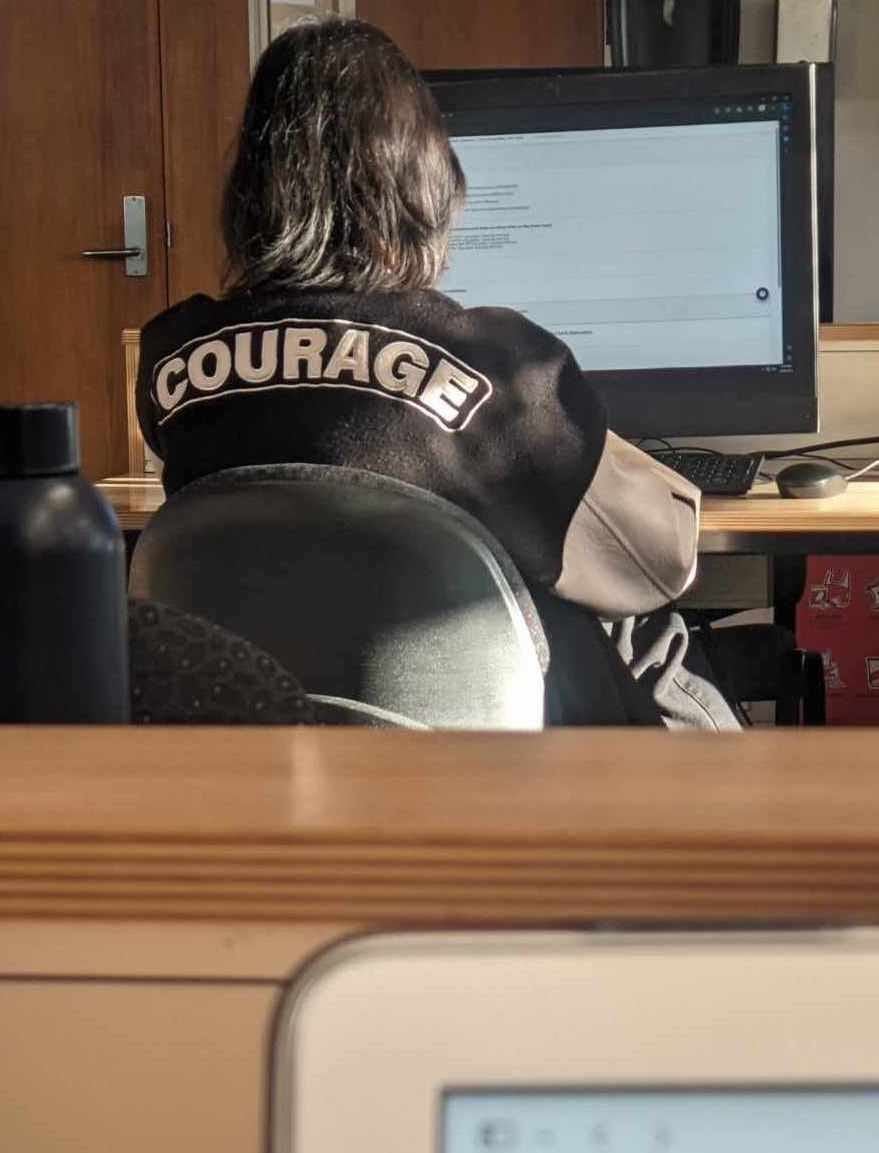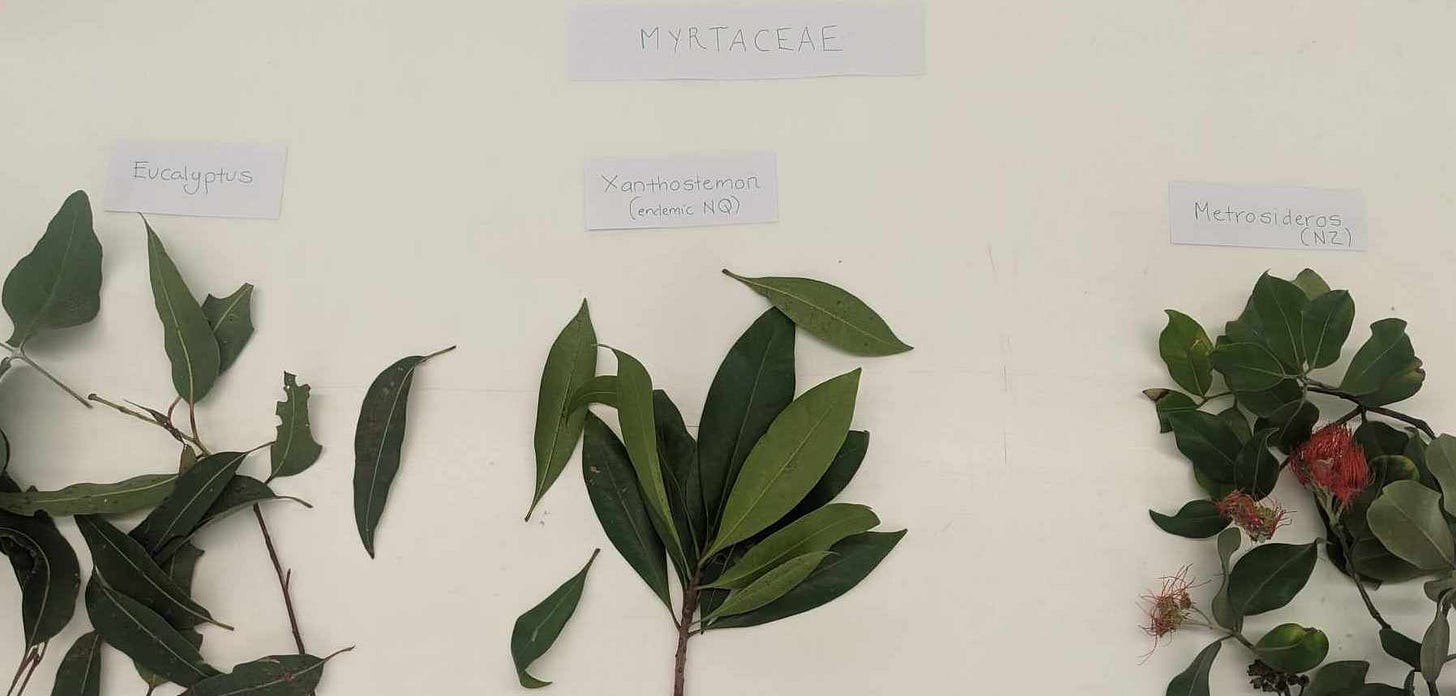Day 1 of Week 5 of a 12 week first Term and I’m doing a myriad of things. Such as cycling to and from uni on my snazzy e-bike, thanks to gofundme support. I’ve gone about 400km already and the turbo boost shaves off a quarter of my time, which I estimate saves me about 2 hours each week.
Along with getting back onto the river with rowing and reviewing my own yoga to post the Seasons each week, I’m super grateful to be moving my body.
Today I’ve also been researching case studies for the next Dwarf Planet University book on Makemake. Maya Angelou reminds me that, “Courage is the most important of all the virtues because without courage, you can’t practice any other virtue consistently.”
My first day of live classes on campus wasn’t until Week 3, as I had been convalescing with covid. Even though I made it to uni, I was still requiring 10-12 hours of sleep each night and experiencing brain fog. As I confronted my overwhelm around how to map in geospatial tech lab, I was spurred on by the jacket of the person in front of me, reminding me that courage is rarely as brave-faced as a superhero/ine. Courage, in this case, was being willing to show up in Week 3 and admit to not-knowing and confusion. Courage was asking for help and risking coming across as a dolt while I navigated a complex of new languages and systems.
Part of the challenge in these first few weeks has been clarifying what the context is. What is the coding for the buildings and the class names, both of which are needed for orienting? What is expected of me in each course, and when? What do I need to focus on first? How do I print things at the library so I can actually engage with material offline? How do I reference properly in my writing? Not to mention wrangling with the content. Here’s a sample:
“Contemporary gene flow barriers and source-sink dynamics are undoubtedly important mediators of range dynamics. Although the dynamics of these factors will also change, adding insights from molecular approaches, such as landscape genetics, to SDMs could improve our ability to provide realistic models of species ranges under climate change and other components of global change.” (Conservation biogeography –foundations, concepts and challenges by David M. Richardson and Robert J. Whittaker)
For a little lightness here are some floating dugongs. Who wouldn’t want to wrangle with a bit of science-ese in order to support and protect such cuties?
And, below, a sign of the times. Who knew legumes needed to be integrated?! Lentils are a bit stand-offish aren’t they? Not at all like chickpeas which so easily integrate into curries, hummus, and salads. Oh, I know!
On top of Biogeography & Geomorphology, Fundamentals of Geographic Information & Technologies, Applied Research Methods, and Conservation & Wildlife Biology, I’m still assisting astrology, teaching kids yoga, and next week I’ll have my first Australian stand up open mic opportunity. Here’s a little comedy face for you.
But back to biogeography class where we’re studying eco (or bio)-regions, a remarkable concept I am so thrilled to learn about. Think about it—all the mapping of our planet centres around human-made boundaries, aside from the ones that the oceans determine, like continents and islands. Yet critters don’t carry our silly passports or concern themselves with political divisions. However they are affected drastically by what we do, so it’s brilliant to look at the land masses from the perspective of the significant relationships between the plants and non-human animals. And to cultivate a common language for understanding the migration paths and mating territories of animals and how they interact with particular plant systems, like mangroves or tundra. From Nature’s perspective it’s so clear how our dams, roads, and constructs have negatively impacted other beings.
I was so delighted to see a New Zealand native in our herbivory practical, or Prac. Everything is shortened in Australia, which is why my new stage name is Mox. If I don’t get out ahead and say Mox is my name they’ll shorten Melissa to Mel. And anyone who grew up in the US in the 1970’s and watched after-school TV will know Mel’s Diner of “Kiss my grits!” fame on the show “Alice”. Somehow a fat, bald, crass misogynist named Mel is not someone I want to think of every time someone wants to be inclusive and shorten my name. First world problems.
And what a relief to be asked to complete a Reflective Workbook for Applied Research Methods, replete with drawings. I’ve been journaling since I was 8. This is something I can do. Though I suspect I will be marked down for not properly referencing our reading materials. So much to learn!
In a recent post I wrote, “What will my thesis be? What could I possibly focus on that almost no one else has focused on, that only I have the combination of interests and experiences to focus on?” A glimmer of an answer appeared nearly the next day. I had been wondering, ‘Why Covid, why now?’ Literally avoiding it for 3 years and the day before classes start is when I get it (which also happened to be the day and nearly to the minute that Venus went retrograde)? One friend said he doesn’t think things happen for a reason, but I couldn’t get onboard that train of thought. Even if there’s no ultimate truth, I need to self-determine a reason for my own ease of being.
But it’s late now and I still need to recharge all my batteries—computer, phone, bike, body, brain—before the next round tomorrow. Perhaps by the next post the glimmer will have evolved into a verifiable gleam in my eye and I'll be able to share it more fully.
Stay tuned! Or else, “Kiss my grits!”













Thanks for your thoughtful reply Rebecca! You have a real, lived sense of the non-sense of human constructs that overtake more collective relations. All those critters!
I hear you on the plastic. It makes me sick and there are people working on it... Here are some graphics to get a sense of how scale in plastic water bottles alone. 1 million plastic bottles purchased worldwide EVERY SECOND and in the US alone about 2.5 million every hour. https://bioplasticsnews.com/2019/09/08/plastic-bottles-sold-per-hour-day-month-and-last-ten-years/
Here's a good initiative I just learned about today: https://science.uq.edu.au/article/2023/01/bioplastics-project-shows-juicy-results
And here's an interesting interview I've only gotten halfway through (being a student requires lots of time and attention, but I love it!): https://youtu.be/c1Jbu_NBPdI?si=pCZcSrQFJ85fQ2bA
Big hugs, Mox
Hey. Finally (I think) have a handle on this. Just remember, ecosystems and bio -geo-species areas couldn't give 2 poops about manmade boundaries. Even elevation can change gene expression within one generation. At least in the US, roads and passageways such as freeways, were originally wild critter superhighways, then native and migratory tribes followed the same routes. They often 'followed the water,' and food sources followed.
Think of my old cabin in the woods;
mammals, and birds alike had scheduled appearances along a path they had cut through 'my' property.
Jays, rabbits, then turkeys, deer, a variety of wrens, junkos, robins, squirrels, bears (momma and kids in the morning, grumpy old pappa bear at night) after the skunks, foxes, and the occasional cougar, with cub in raining, all walked and flew along the same trail, and this was just to name a few.
I still think you should think about a constructive and conscriptive way to solve the plastic problem.
I read up on covid until I thought my eyeballs would fall out, and it now turns out that google withheld certain info. 'For our own good.'